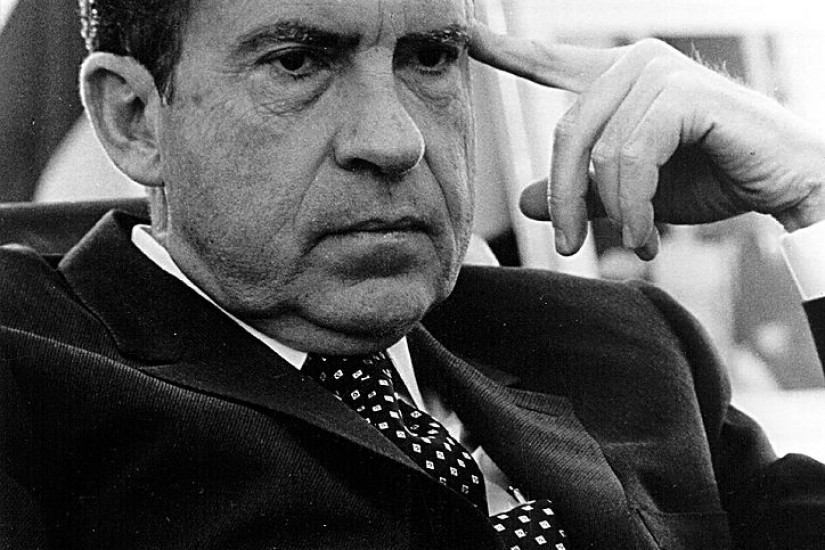Like any good student with a sensitive question, Harold Hering approached his teacher after class, out of earshot from his classmates.
“How can I know,” he asked, “that an order I receive to launch my missiles came from a sane president?”
It was 1973. President Richard M. Nixon was seriously depressed about Watergate. Hering, an Air Force major who rescued downed pilots in Vietnam, was training to be a missileer — the guy who turns the keys to commence nuclear Armageddon.
“I assumed there had to be some sort of checks and balances so that one man couldn’t just on a whim order the launch of nuclear weapons,” Hering, now 81, told Radiolab in a remarkable interview earlier this year.
Hering was wrong. And decades later, so is anyone who thinks President Trump, having recently threatened “fire and fury” for North Korea, can’t order a nuclear attack anytime he darn well pleases, even from a fairway bunker on the golf course.
Just ask Hering.
Back in 1973, the drama that followed Hering’s question did not, as he hoped, fundamentally alter the fate of the world, but it certainly reshaped his life. Forced to retire, Hering took up a career with a less dangerous set of keys: long-haul trucking.
His career blew up because he wouldn’t stop questioning the launch protocol, even after a military judge gave him an opportunity. Ron Rosenbaum, in his book about nuclear war, “How the End Begins”, referred to Hering’s query as the “forbidden question,” writing:
You might think such a question — the sanity of a president who gives a nuclear launch order — would require some extra scrutiny, but Major Hering’s inconvenient query put a spotlight on the fact that the most horrific decision in history could be executed in less than fifteen minutes by one person with no time for second-guessing.
